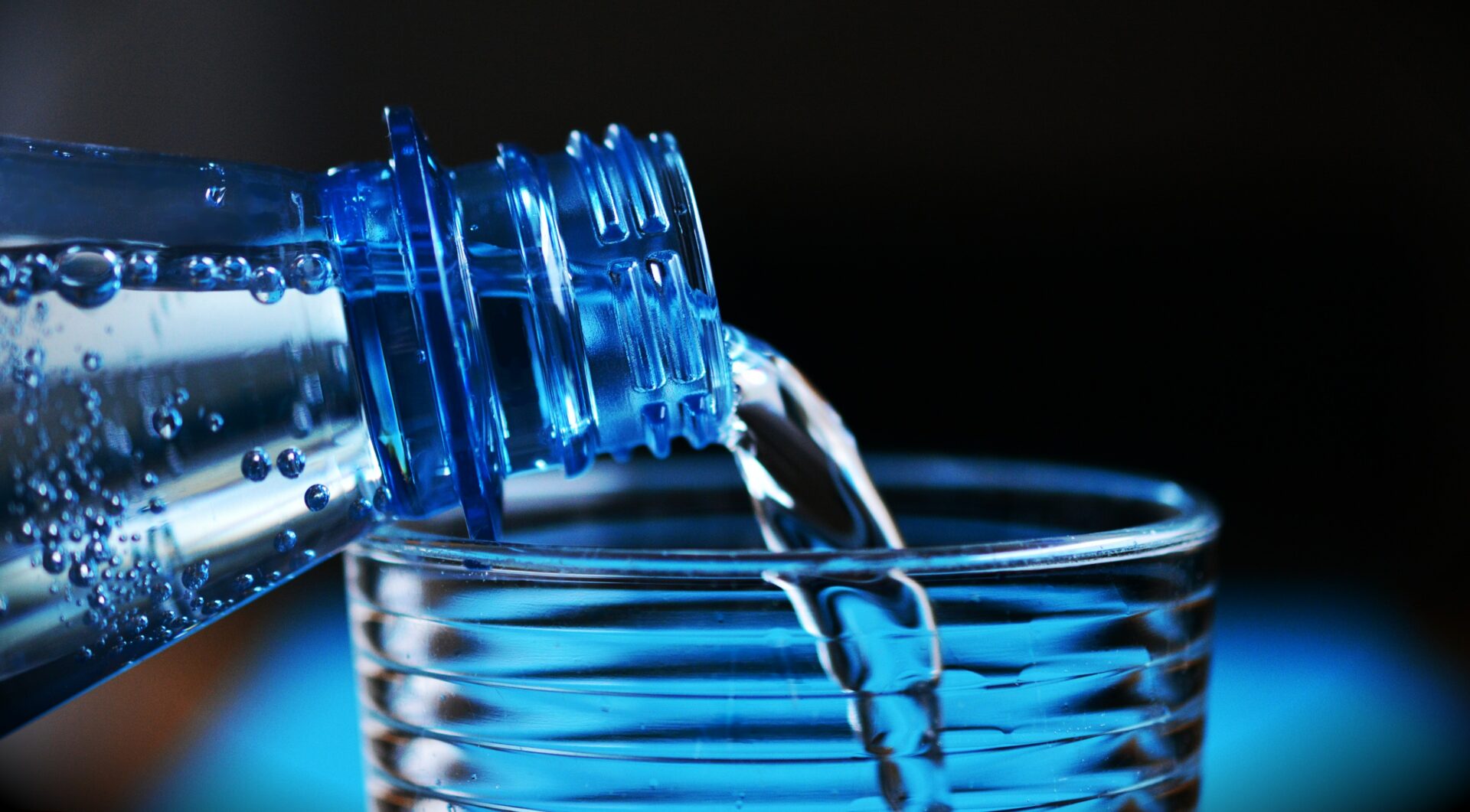Water is considered one of the most important nutrients and is essential to most bodily functions. According to the United States Geological Survey, adults’ bodies are made up of as much as 60% water. As you can see, our bodies depend on water. But why exactly is it important to stay hydrated?
It Helps Regulate Body Temperature
Water can absorb a lot of heat before it starts to heat up, this is called heat capacity. This characteristic is one of the reasons why water can help us regulate body temperature. Water also helps regulate body temperature through sweating. When body temperature starts to rise, the body starts to sweat, bringing water to the skins’ surface, where it exchanges heat with the air. When sweat evaporates it helps keep us cool.
It Helps Keeps Your Joints Lubricated
Water is a necessary component of the fluid that lubricates your joints, called synovial fluid. Synovial fluid helps reduce friction in the joints when we move. Water also helps keep the discs between the vertebrae hydrated, which in turn helps to maintain the health of the spine.
It Helps Deliver Essential Nutrients to Cells
Water is an essential component of blood. Blood delivers nutrients and oxygen to our cells and also helps remove waste and carry it away from cells for disposal. Blood is made up of 55% plasma, a liquid that helps blood circulate throughout the body. Plasma is made up of 90% water. Without water, blood wouldn’t be able to circulate freely throughout our bodies and therefore would not be able to properly deliver essential nutrients to our cells.
It Helps Keep Your Organs Functioning Properly
In order to function properly, our organs must be properly hydrated. Every organ in the body contains water. The brain and heart contain as much as 73% water and the lungs contain an astounding 83% water. Without water, our organs simply wouldn’t work. For example, the lungs need water to function because they must always be moist in order to take in oxygen and get rid of carbon dioxide. Staying hydrated also helps the lungs protect the body from respiratory illness.
How Can You Make Sure That You’re Staying Hydrated?
The National Academies of Science, Engineering, and Medicine recommends that men consume 3.7 liters of fluids a day and that women consume 2.7 liters of fluids a day from water, foods, and other non-water beverages.
If you’re having trouble staying hydrated, try the following tips:
- Keep a water bottle with you throughout the day
- Set phone reminders throughout the day to drink water
- Avoid sugary beverages, like sodas and energy drinks
- Limit caffeinated beverages
- Eat lots of fruits and vegetables (they naturally contain water)
- Replenish electrolytes with foods and beverages like coconut water, bananas, and watermelon
If you’re having difficulty staying hydrated, consider visiting a registered dietician. These healthcare professionals can help you understand your specific hydration needs. They can also help you understand what foods and beverages you can include in your diet to help you stay hydrated.
Sources:



